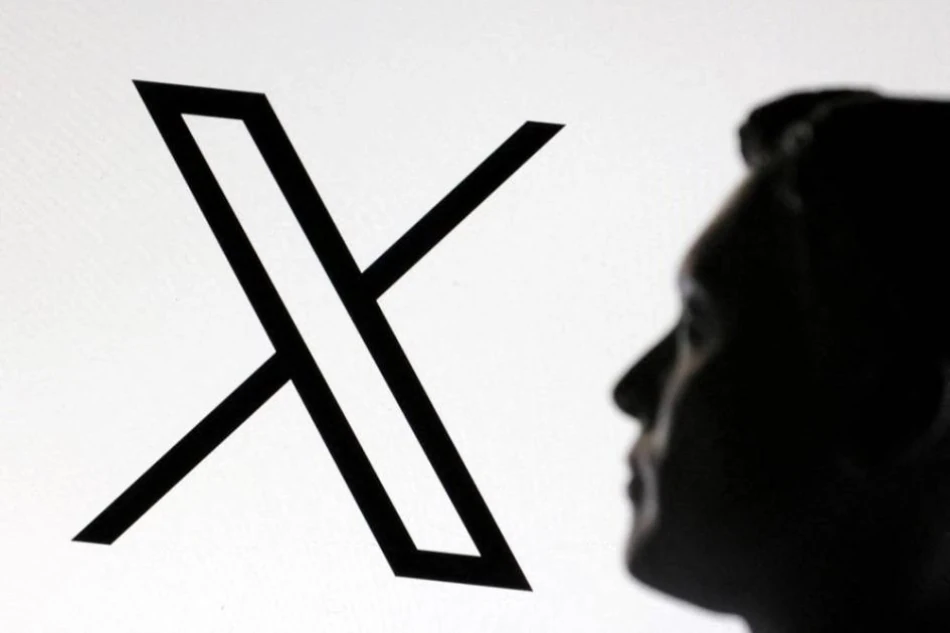
X Declines to Provide Data in French Investigation, Sparking Controversy
Musk's X Platform Defies French Criminal Investigation, Claims Political Persecution
Elon Musk's X platform has flatly refused to comply with French prosecutors' demands for algorithmic data and user content, escalating a criminal investigation that began in January over alleged foreign interference and data manipulation. The social media giant claims the probe is politically motivated censorship disguised as law enforcement, setting up a potential showdown between Silicon Valley and European regulatory authority.
The Investigation Unfolds
French prosecutors launched their criminal investigation in January following two formal complaints—one from a French parliamentarian and another from a senior public institution official. The probe centers on allegations that X's recommendation algorithm has been weaponized for foreign interference purposes, alongside claims of fraudulent data extraction from automated systems.
This month, the case was transferred to a specialized unit within France's national police, signaling an escalation in the government's approach. Prosecutors are specifically investigating potential crimes related to manipulation of automated data systems and fraudulent extraction of information from these platforms.
What French Authorities Want
The scope of France's demands reveals the investigation's ambitious reach. Authorities have requested access to X's recommendation algorithm—the closely guarded system that determines what content users see—along with real-time data from all user posts on the platform. This information would then be analyzed by government-appointed experts to determine how X's platform operates and whether it violates French law.
X's Counterattack Strategy
Rather than quietly resisting, X has launched a public relations offensive, framing the investigation as an assault on free speech rights. The company's Global Government Affairs account published a detailed rebuttal, claiming French authorities are "distorting French law to serve a political agenda" and ultimately seeking to "restrict freedom of expression."
X maintains it remains unaware of the specific allegations against it, despite months of investigation. This claim of ignorance appears strategic, allowing the company to portray the probe as a fishing expedition rather than a targeted investigation based on concrete evidence.
Targeting the Experts
In an unusual move, X has publicly named and criticized the two researchers designated to analyze its algorithm: David Chavalarias, director of the Paris Institute for Complex Systems (ISC-PIF), and Maziyar Panahi, who leads the institute's AI platform. X alleges Chavalarias runs an "Escape X" campaign encouraging users to abandon the platform, while claiming Panahi has previously collaborated on research projects showing "explicit hostility" toward X.
This personal attack strategy suggests X believes the investigation lacks objectivity from the outset, potentially laying groundwork for future legal challenges based on bias claims.
Broader Implications for Tech Regulation
This confrontation reflects escalating tensions between major tech platforms and European regulators, who have grown increasingly aggressive in challenging Silicon Valley's operational practices. Unlike previous disputes focused on content moderation or privacy violations, this investigation targets the algorithmic heart of social media platforms—the recommendation systems that drive user engagement and, ultimately, advertising revenue.
France's approach differs markedly from the European Union's Digital Services Act, which requires algorithmic transparency but through regulatory compliance rather than criminal investigation. By pursuing criminal charges, French authorities are testing whether individual EU member states can use domestic law enforcement to extract information that platforms have historically considered trade secrets.
The Musk Factor
Since acquiring Twitter and rebranding it as X, Musk has consistently positioned himself as a free speech absolutist, often clashing with government authorities worldwide. His approach has included restoring previously banned accounts, reducing content moderation, and publicly challenging regulatory demands. This French investigation represents perhaps the most serious legal challenge to his platform's operations in Europe.
The timing is particularly significant, as Musk's influence extends beyond social media into government advisory roles and defense contracting. His willingness to defy French authorities may signal a broader strategy of leveraging political connections to resist regulatory pressure across multiple jurisdictions.
Market and Regulatory Consequences
X's defiance carries substantial risks. French authorities possess enforcement mechanisms that could include platform blocking, financial penalties, or criminal charges against company executives. However, the company appears to be calculating that public resistance will generate sympathy among users and potentially influence political pressure on prosecutors.
For other tech platforms operating in Europe, this case will establish important precedents about how far national governments can push beyond existing EU regulatory frameworks. A French victory could encourage similar investigations across Europe, while X's successful resistance might embolden other platforms to challenge regulatory demands more aggressively.
The outcome will likely influence ongoing debates about algorithmic transparency, platform accountability, and the balance between national sovereignty and global tech platform operations in an increasingly fragmented digital landscape.
Most Viewed News

 Omar Rahman
Omar Rahman






